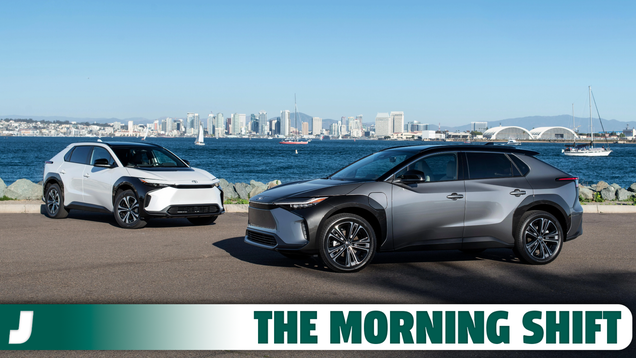The Automotive Industry’s Shift: Key Trends and Insights
Understanding the current landscape of the automotive industry is essential for consumers, investors, and enthusiasts alike. As we navigate through 2024, several pivotal trends are shaping the future of mobility, particularly in the realm of electric vehicles (EVs), production strategies, and consumer preferences. This article delves into these trends, providing insights and analysis to help you grasp the evolving automotive environment.
The Rise of Electric Vehicles: What’s Driving the Change?
The transition to electric vehicles has gained unprecedented momentum in recent years. According to a report from the International Energy Agency (IEA), global sales of electric cars reached a record 10 million units in 2022, marking a 55% increase from the previous year. This surge is driven by several factors, including government incentives, advancements in battery technology, and a growing consumer awareness of climate change.
One significant player in this shift is Toyota, which has recently announced plans to ramp up its EV production in the U.S. This move aligns with the company’s broader strategy to invest $70 billion in electrification by 2030. Toyota’s commitment reflects a larger trend among automakers to not only meet regulatory requirements but also to cater to a market increasingly demanding sustainable options.
Consumer Preferences: What Do Buyers Really Want?
As the automotive landscape evolves, so too do consumer preferences. A recent survey conducted by McKinsey & Company revealed that 70% of consumers are considering purchasing an EV for their next vehicle. However, concerns about range anxiety, charging infrastructure, and vehicle cost remain prevalent.
Automakers are responding to these concerns by enhancing their offerings. For instance, many companies are investing in fast-charging networks and improving battery technology to extend range and reduce charging times. Additionally, the introduction of more affordable EV models is making electric vehicles accessible to a broader audience.
The Importance of Sustainability: Beyond Just Vehicles
Sustainability in the automotive industry extends beyond the vehicles themselves. Manufacturers are increasingly focusing on sustainable practices throughout their supply chains. For example, companies like Ford and General Motors are committing to using recycled materials in their vehicle production and reducing carbon emissions across their operations.
This holistic approach to sustainability is essential not only for meeting regulatory standards but also for appealing to environmentally conscious consumers. A study by Deloitte found that 60% of consumers are willing to pay more for sustainable products, indicating a significant market opportunity for automakers that prioritize eco-friendly practices.
Navigating Challenges: Supply Chain and Production Hurdles
Despite the positive trends in EV adoption and sustainability, the automotive industry faces significant challenges, particularly regarding supply chain disruptions. The COVID-19 pandemic exposed vulnerabilities in global supply chains, leading to shortages of critical components like semiconductors.
To mitigate these issues, automakers are diversifying their supply chains and investing in local production capabilities. For instance, many companies are exploring partnerships with domestic suppliers to reduce reliance on overseas manufacturing. This shift not only enhances resilience but also aligns with the growing trend of reshoring production in response to geopolitical tensions.
The Future of Mobility: What Lies Ahead?
Looking forward, the automotive industry is poised for transformative changes. The integration of advanced technologies such as artificial intelligence, autonomous driving, and connected vehicles will redefine mobility. According to a report by PwC, the global market for connected cars is expected to reach $166 billion by 2025, driven by consumer demand for enhanced safety and convenience features.
Moreover, the rise of shared mobility services presents new opportunities and challenges for traditional automakers. Companies are increasingly exploring partnerships with ride-sharing platforms and investing in their own mobility services to adapt to changing consumer behaviors.
In summary, the automotive industry is at a crossroads, with electric vehicles, sustainability, and technological advancements shaping its future. As consumers become more informed and engaged, automakers must remain agile, innovative, and responsive to meet the evolving demands of the market. By understanding these trends and challenges, stakeholders can better navigate the complexities of this dynamic industry.

